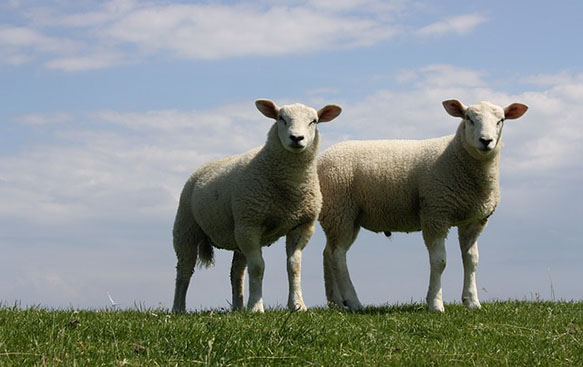Duplicate content is content that appears on the Internet in more than one place – for all practical purposes meaning on more than one website. So, what’s the big deal and why does it matter? It confuses search engines. You don’t want to confuse search engines.
Why Does it Confuse Search Engines?
- They don’t know which version(s) to include/exclude from their indices
- They don’t know which version(s) to rank for query results
And for site owners
- When duplicate content is present, site owners can suffer from low rankings and loss of traffic. This happens because search engines won’t show multiple versions of the same content, so they are forced to choose which version is most likely to be the best result. This dilutes the visibility of each of the duplicates.
The result is that a piece of content doesn’t achieve the search visibility it otherwise would.
How does duplicate content happen?
Several different ways. For example, the website at mycompany.com and www.mycompany.com are technically considered to be two different websites. Another example is http and https. Fortunately, Google gives us the tools to let them know that they should treat the two different versions as one. But I don’t want to get into all the technical aspects of duplicate content here.
What I do want to do is talk to you – website owners and creators of content – about two specific types of duplicate content that you can control and should avoid.
![]() Beware when using a content writing service – particularly a service you’ve hired to write blog posts for you. Here’s a quick story to illustrate why you need to be careful. I worked with a client who had hired a copy writing service to write weekly blog posts. He thought by satisfying Google’s insatiable appetite for fresh content he was doing the right thing. But noticed that his search rankings weren’t improving. I did some research by extracting bits of content from his posts and entering them into Google’s search field enclosed in quotation marks to ensure that Google would look for exact matches. Here’s what I found: There were multiple websites displaying the exact same blog posts – even down to the publication dates.
Beware when using a content writing service – particularly a service you’ve hired to write blog posts for you. Here’s a quick story to illustrate why you need to be careful. I worked with a client who had hired a copy writing service to write weekly blog posts. He thought by satisfying Google’s insatiable appetite for fresh content he was doing the right thing. But noticed that his search rankings weren’t improving. I did some research by extracting bits of content from his posts and entering them into Google’s search field enclosed in quotation marks to ensure that Google would look for exact matches. Here’s what I found: There were multiple websites displaying the exact same blog posts – even down to the publication dates.
![]() If you’re writing copy for your own website don’t simply copy and paste whole sections of content from another website. This practice commits two violations – a) it creates duplicate content and b) it’s plagiarism. NOT GOOD.
If you’re writing copy for your own website don’t simply copy and paste whole sections of content from another website. This practice commits two violations – a) it creates duplicate content and b) it’s plagiarism. NOT GOOD.
Here’s the thing. You can reference other people’s blogs, or you can use small snippets of someone else’s copy to make a point if you credit the original author and link to the original source. This is good etiquette.
The Takeaway
- You can use other people’s content for ideas or inspiration but never simply cut and paste someone else’s work and try to pass it off as your own
- It’s fine to quote from someone else’s work. Just make sure you properly credit the author and link back to the original source
- If you’ve hired someone to write copy for you – and that’s perfectly fine – make sure
a) they are not grabbing the content from somewhere else
b) they are not providing the same content to other clients
One last word. Quality. Google is looking for quality and so should you be. Yes, it takes a little more work but it’s worth the effort.

